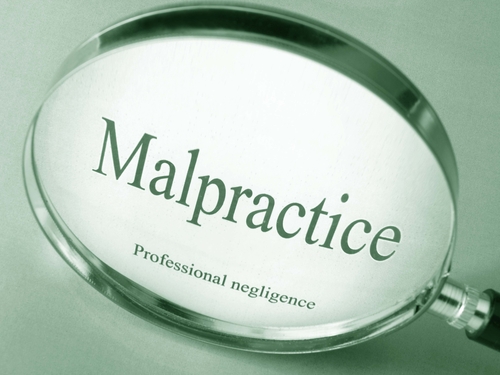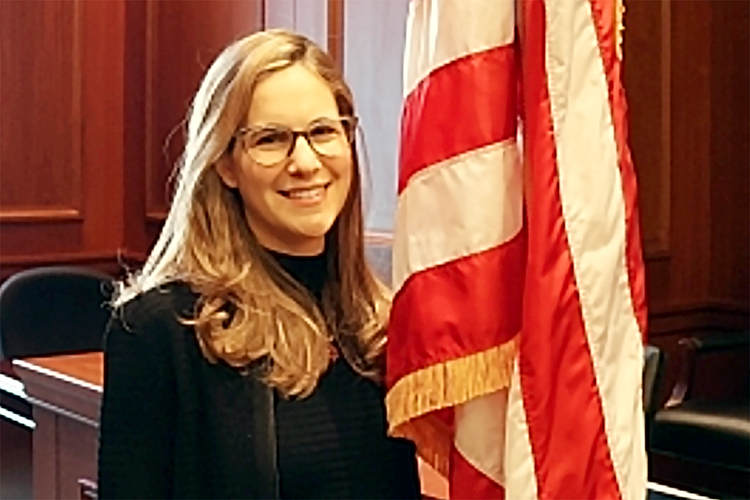Lawyer accused of exploiting elderly client is found liable for $26M in malpractice case

An elderly client who sold 1,000 acres of land to a group of investors and helped finance the deal with an unsecured loan has obtained a $26 million jury verdict against the lawyer who represented him while also representing the buyers. (Image from Shutterstock)
An elderly client who sold 1,000 acres of land to a group of investors and helped finance the deal with an unsecured loan has obtained a $26 million jury verdict against the lawyer who represented him while also representing the buyers.
Lawyer Howard Kleinhendler was found liable late last month, report Law360, Law.com and a Sept. 25 press release by Pryor Cashman, which represented the elderly client, Allan Applestein.
The lawsuit allegations are recounted in a July 30 decision allowing Applestein’s claims for legal malpractice, fraudulent inducement and exploitation of an elderly person. Jurors found Kleinhendler liable on all counts in a Sept. 20 verdict form filed Sept. 23 in the U.S. District Court for the Eastern District of New York.
The suit alleges that Applestein’s health began to decline in 2015. He required a live-in caretaker and had to wear a location device because he was getting lost in his neighborhood, according to the suit. Applestein was eventually diagnosed with Alzheimer’s disease.
Applestein first retained Kleinhendler for other legal matters in 2009. According to the suit, Kleinhendler advised Applestein to reject a $12.5 million offer for his land in 2014. The deal with the investor group organized by Kleinhendler closed in 2017.
Applestein’s suit had alleged that Kleinhendler organized the group of investors into an entity called the Virginia True Corp. Kleinhendler allegedly represented both sides of the deal and did not advise Applestein of the conflict, according to the July 30 decision that allowed claims for legal malpractice, fraudulent inducement and exploitation of a vulnerable client. Nor did Kleinhendler advise his elderly client about the prudence of taking a security interest in the land, the suit alleged.
The Virginia True Corp. paid $5 million for the land. Applestein financed the rest of the sale by loaning the Virginia True Corp. $7 million without taking collateral or security interest. The Virginia True Corp. later defaulted on the loan and filed for bankruptcy.
Kleinhendler maintained, however, that Applestein was still mentally acute at the time of the land sale. Even if Applestein lacked capacity, there was no evidence that Kleinhendler was aware of it, according to Kleinhendler’s Sept. 17 motion for judgment as a matter of law.
Applestein has since recovered $2.9 million of the loaned amount in the Virginia True Corp.’s bankruptcy, Kleinhendler’s motion says.
“These were good-faith agreements,” Kleinhendler argued.
Jurors found Kleinhendler liable for more than $11 million in compensatory damages and $15 million in punitive damages. Kleinhendler’s then-law firm, Wachtel Missry, was found liable for more than $112,000 in compensatory damages.
Kleinhendler is represented by Michael H. Brady and Stephen M. Faraci of Whiteford, Taylor & Preston. They did not immediately respond to the ABA Journal’s emailed request for comment. Kleinhendler also did not immediately respond to the Journal’s comment request.
Write a letter to the editor, share a story tip or update, or report an error.



